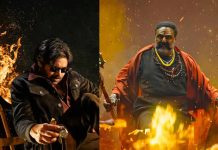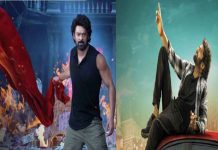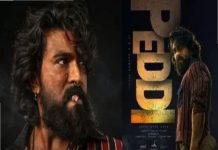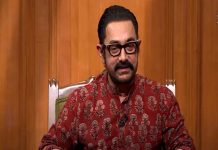Srivathsan Nadadhur
Munna a.k.a Karthik, the male lead in Buchinaidu Kandriga, the Telugu film that released on Aha a few weeks ago, is a cheerful, young man despite being hit hard by several setbacks early in his life. He grew up in Krishna Nagar in Hyderabad, an area that’s home to several industry aspirants, roaming in and around the lanes of Film Nagar day and night, filled with a burning desire to actualise their celluloid dreams. Munna was still very much a child of the industry. His father began his career as a light man in the industry by earning Rs 50 a day.
Thanks to the goodwill of production houses like Mallemala Entertainments and names like Gunnam Gangaraju, his father now runs a 15-year-old company that’s a leading name for provision of outdoor unit services to web shows, television serials and feature films. That still didn’t spare Munna from experiences where he had to face the music in his quest to become an actor; the fruits of such hardships have however been sweet, as he played the male lead and even handled the production of Buchinaidu Kandriga.
Exposure to films in the early years

I have seen the industry since my early years, attending shoots of television serials, shows, films at Ramanaidu Studios; being a technician’s son came with its own set of advantages. I remember actress Aamani playing with me as a child. Dad used to start work at 4 am and would go to Ramanaidu Studios from Krishna Nagar on foot and returned by midnight. I didn’t get to meet my dad often as a child – he started work before I got up and I had slept by the time he returned. My mom took it upon her to handle all responsibilities at home while dad was absorbed in work.
Braving initial apprehension to enter the industry
After finishing B.Tech, I intended to pursue my Masters in the US and enrol in a filmmaking school simultaneously, but it didn’t make financial sense at all. I thought I could use the time to develop contacts within the industry and test my mettle through short films and work on my shortcomings. When I felt I was ready and I had a director who pitched a good story, I requested my dad to produce a film for me and he bluntly rejected the idea. There was a war of words, clashes; he broke down emotionally and tried his best to convince me against my decision. Yet, I was very adamant about a career in films. The storm had silenced for a few days and probably noticing my conviction, my dad arranged everything that I needed for the shoot overnight and the film had finally begun.
Looking back at the series of events, I can say that my father was merely trying to be protective; he was aware of the ruthlessness within the industry. Even as we speak, I have a crew working under me who get paid Rs 750 a day for carrying lighting equipment weighing 70 kilos, starting their work in the wee morning hours at 5.30 am, not knowing when they would return home or even have a proper meal. If not for films, dad had wanted to register a property under my name in the hope that it would benefit me for the long run. I didn’t want that safety net; films were a gamble and no person knew it better than him.
A bitter experience that made him take charge of Buchinaidu Kandriga
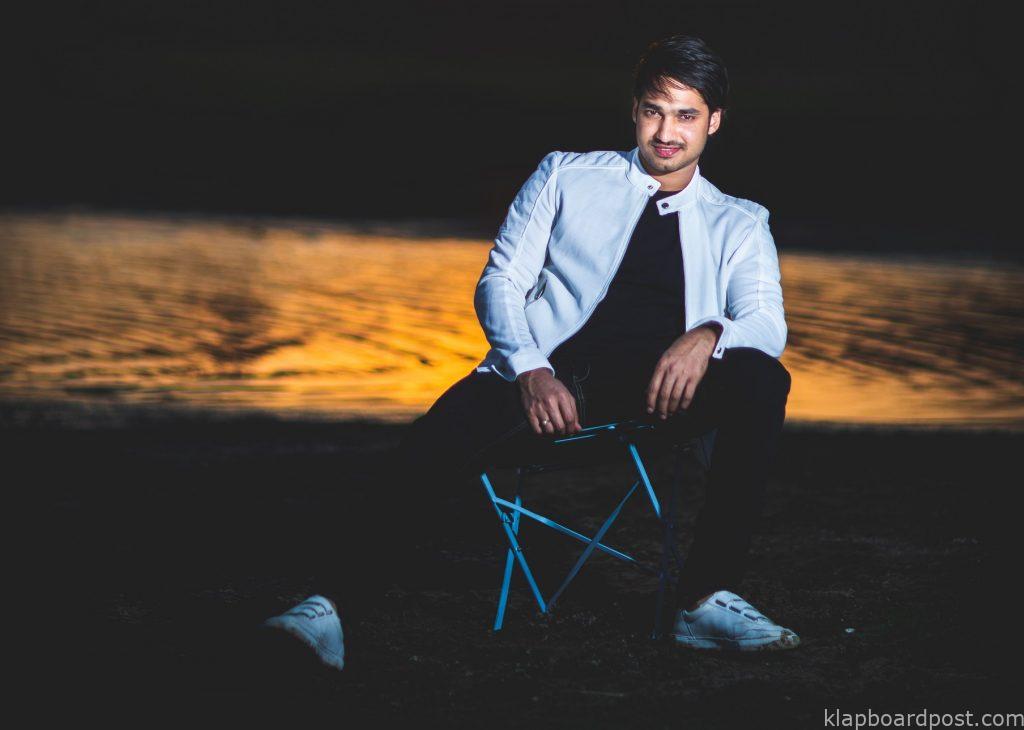
A director had narrated to me a story titled 4 Stories featuring debutants in lead roles and the shoot was to happen in Machilipatnam. He had asked me to contribute to the film’s making in some form and I promised him all the outdoor unit services at a reduced cost. Two days into the film, the vibe within the team wasn’t right at all, I had arranged staff for the production work and they were ill-treated, not even provided with basic amenities and quality food. The accommodation was poor, I was embarrassed with it and even had a word with the director about it, who didn’t take it in the right spirit. I had asked the staff to leave immediately.
We were asked to stay in a single room filled with 8 people and were humiliated many times, even were told to shift to the terrace one night. One such conflict escalated and I felt suffocated. I left with my luggage at 1 pm from the room, crying inconsolably walking towards the bus stop. I was at an all-time low. I left for Vijayawada shortly; my friends and brother comforted me mentally and I returned home only a few days later and didn’t mention anything about what had transpired during the shoot. This experience made me wonder why couldn’t I bring a team together with my acquaintances and work on a film? I found a capable director. The lyricist, composer, cameraman were good friends and other production staff were my dad’s colleagues. Almost every person who worked on Buchinaidu Kandriga was known to us personally and the shooting experience was a breeze.
The intent of Buchinaidu Kandriga and the making
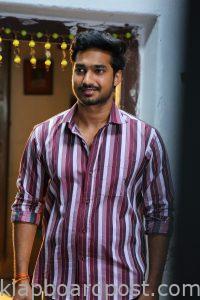
Buchinaidu Kandriga encapsulated life in a small village under two hours without any commercial liberties. As an actor, it offered me a wide range of emotions to perform and told me to what extent can a parent go to fulfil the interests of their child. Caste plays a huge role in marriages and the parent gets his son/daughter married to a person belonging to the same caste out of the fear that it would affect his reputation among his near and dear. However, it’s a decision that can ruin his child’s life completely. The story is about how a casteist father transforms for the better future of his daughter. Films can go a long way in bringing about social change and I say it out of personal experience. If we convince at least one person or family to change through Buchinaidu Kandriga, our purpose is fulfilled.
Shooting for Buchinaidu Kandriga in a place called Nangavaram amid a series of ‘manduva’ houses constructed before our independence transported us to a different time zone. We included a lot of props and set properties that would add value to the 90s backdrop of the film. This, of course, mounted our expenses on the production design. The film unfolds through the protagonist, who sits in a theatre, watching Tholi Prema unfold on the screen and how he relates several incidents in the film to his real-life; it was a parallel reference to several incidents that surface in the film. For instance, the hero is stabbed in the film before the interval and it’s the same time when Pawan Kalyan falls from a hill in Tholi Prema.
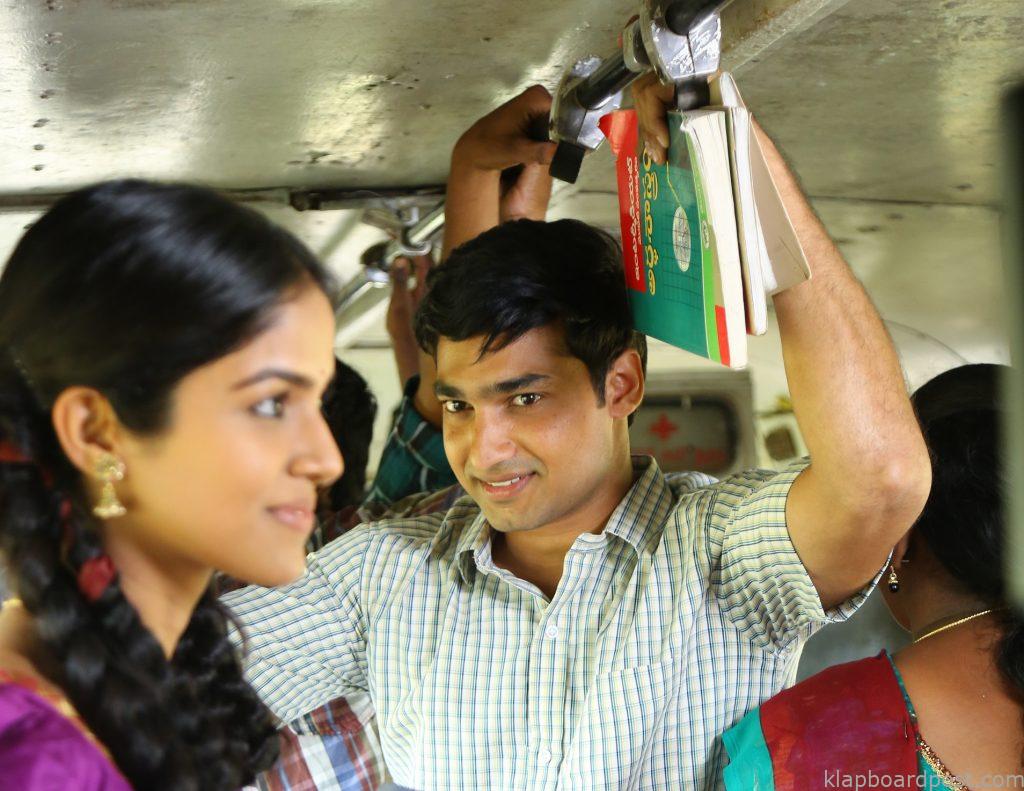
We always had a Nellore-based person on the set to correct us whenever we went wrong with the Rayalaseema slang. I had to follow his instructions. Getting the slang right wasn’t easy and I remember taking 17 takes to okay my first scene. However, over the shoot, the slang came to me rather naturally, the right modulation and the wordage flowed in smoothly.
The director Krishna Paluru was someone whom I had great trust in; he was very clear, precise in his narration and even enacts all the scenes, from the way a character talks to their body language. Despite shooting with a cast with many newcomers, he made them feel very comfortable and there was no cause for panic at all. My father, after watching the film, didn’t tell me anything immediately. He had called my manager to convey his happiness of launching his son with a good story and that it was his most-cherished moment ever since his affiliation with the industry. Would a son need anything more?

